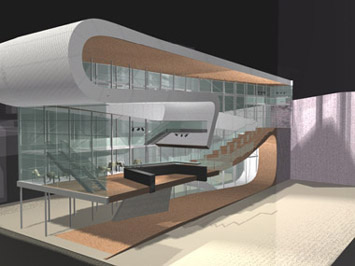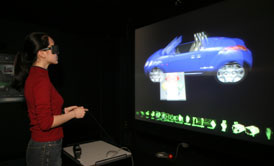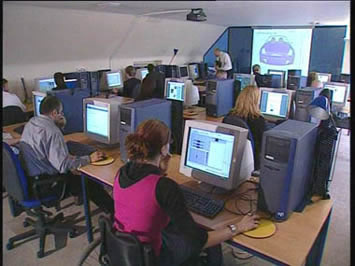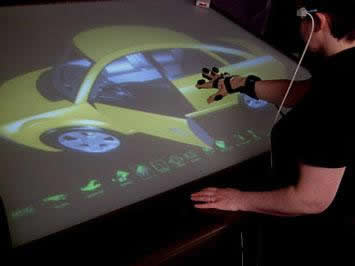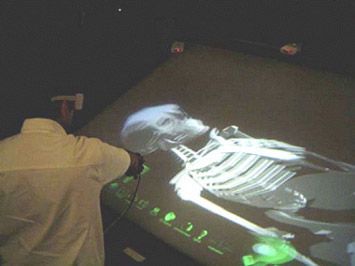Study Medical Visualisation and Human Anatomy in ScotlandThe Glasgow School of Art in collaboration with the Laboratory of Human Anatomy, University of GlasgowMSc in Medical Visualisation and Human Anatomy The Master of Science (M.Sc) in Medical Visualization is a new one-year taught postgraduate programme offered by the Digital Design Studio at The Glasgow School of Art in collaboration with the Laboratory of Human Anatomy, University of Glasgow. The purpose of this programme is to create a unique opportunity to combine actual cadaveric dissection with 3D digital reconstruction, interaction and visualisation using state of the art virtual reality facilities. It allows a unique opportunity to examine human anatomy, and to reconstruct it in a real-time 3D environment for use in education, simulation, and training. This programme will enable students to create original medical datasets, allow a greater understanding of “normal” anatomy, regional variations, and provide a novel approach to aid multi-disciplinary fields in anatomical knowledge, understanding, training and skills transfer. With the demand from clinicians of anatomical knowledge of students increasing (as a result in changes to medical and dental curricula) this Masters programme provides an ideal opportunity for enhancement of research into human anatomy, diagnostics, simulation, and visualisation. Students undertaking the [[MSc in Medical Visualisation and Human Anatomy]] programme will split their time equally between the University of Glasgow (Laboratory of Human Anatomy) and the Glasgow School of Art (Digital Design Studio). The programme is delivered as two core areas – digital technologies applied to medical visualisation (delivered by the Digital Design Studio at Stage 1) and human anatomy (delivered by the Laboratory of Human Anatomy at Stage 2). In Stage 3, students work towards a large-scale self directed final project, supported throughout by individual supervision. Subsequent career opportunities exist within the commercial healthcare technology industry (device manufacturer, etc.), the public and private healthcare sectors, as well as in academic medical visualisation research. Career outcomes for the students with medical, biomedical, anatomy, or health professional backgrounds will be able to gain 3D visualisation skills that will enhance their portfolio of abilities; students with computer science or 3D graphics background will be involved in the design and development of healthcare related products through digital technology, e.g. diagnostic and clinical applications, creating content involving medical visualisation, simulation, cardiac pacemakers, and biomechanically related products for implantation, such as knee, hip and shoulder joint replacements. See Also:
For further information on any of these programmes, please contact: Avril McAllister Programmes Administrator Digital Design Studio Glasgow School of Art a.mcallister@gsa.ac.uk
http://www.gsa.ac.uk Tel:
0044 141 353 4424 |
|
| |||||||||||||||||||

